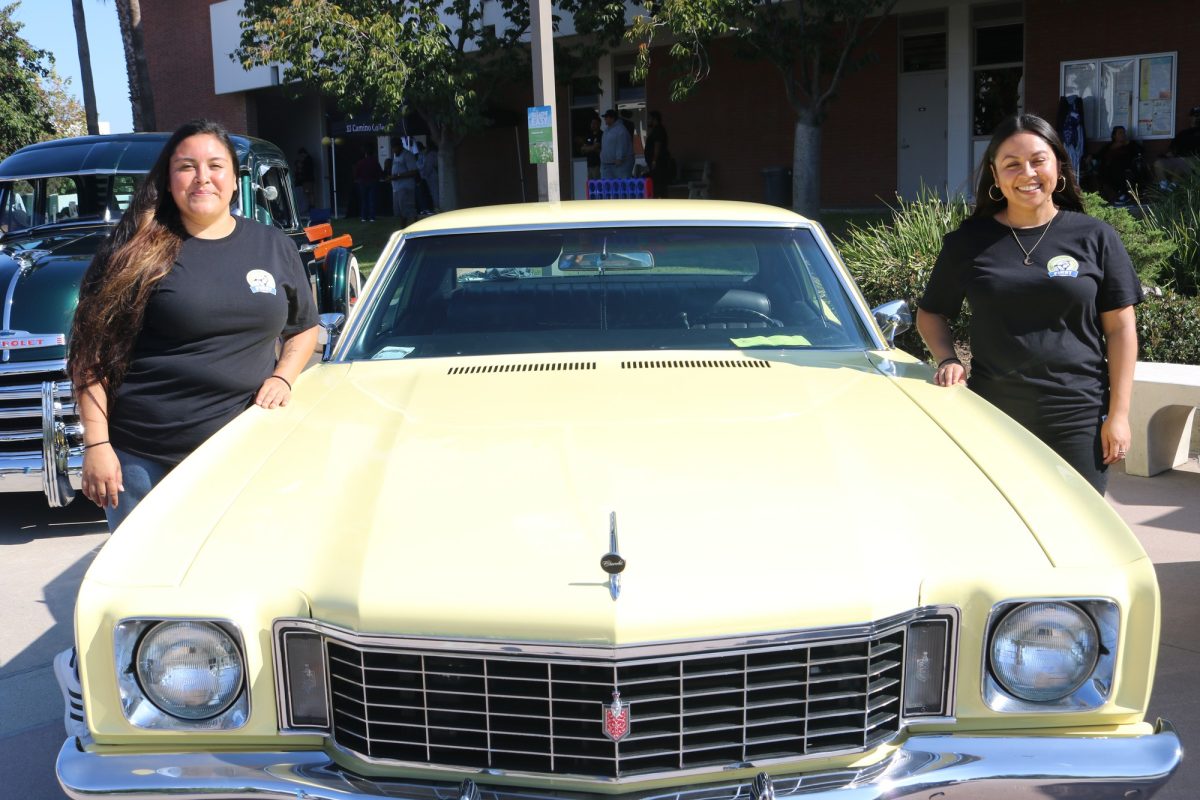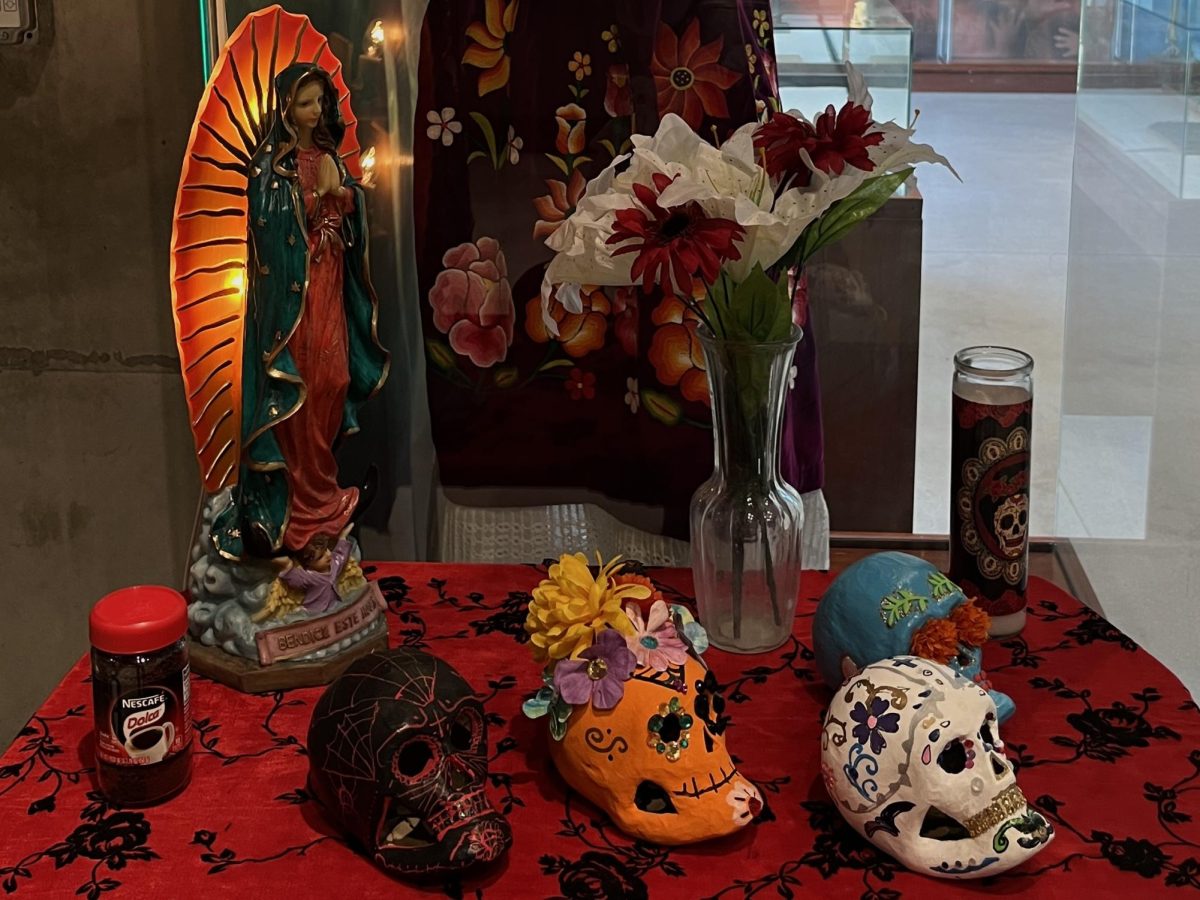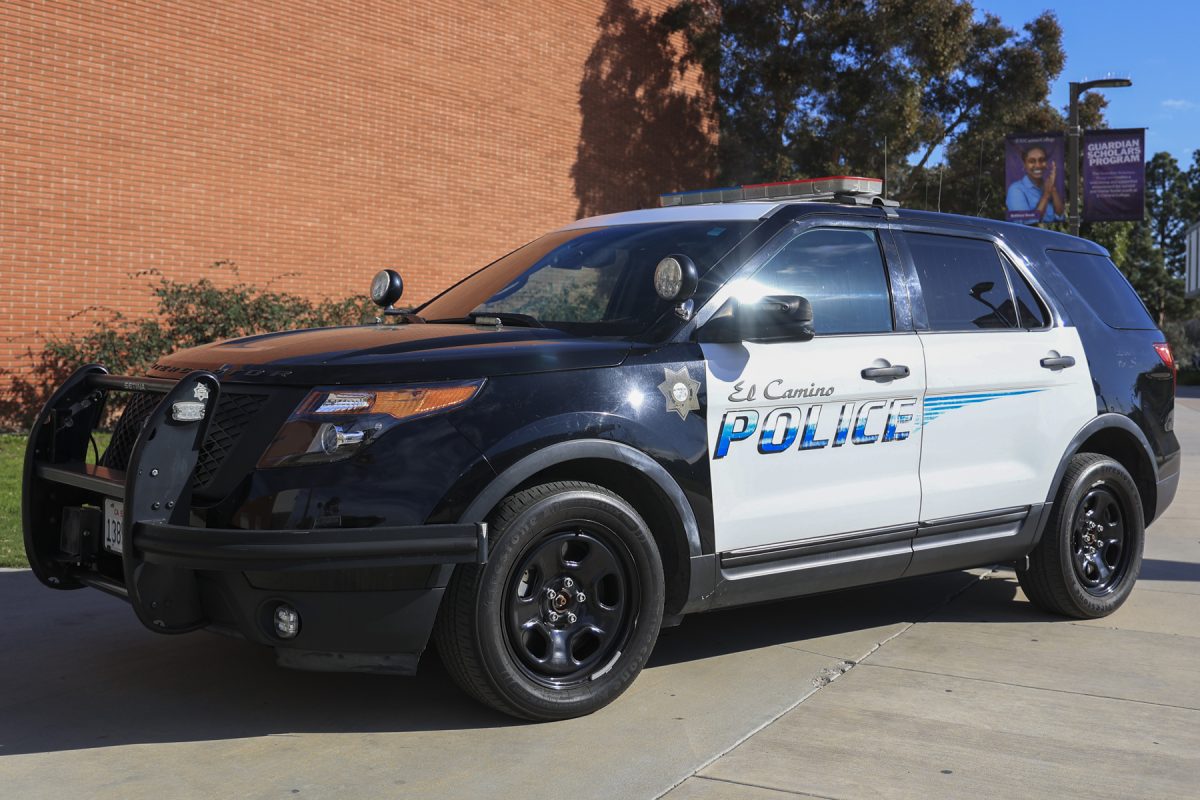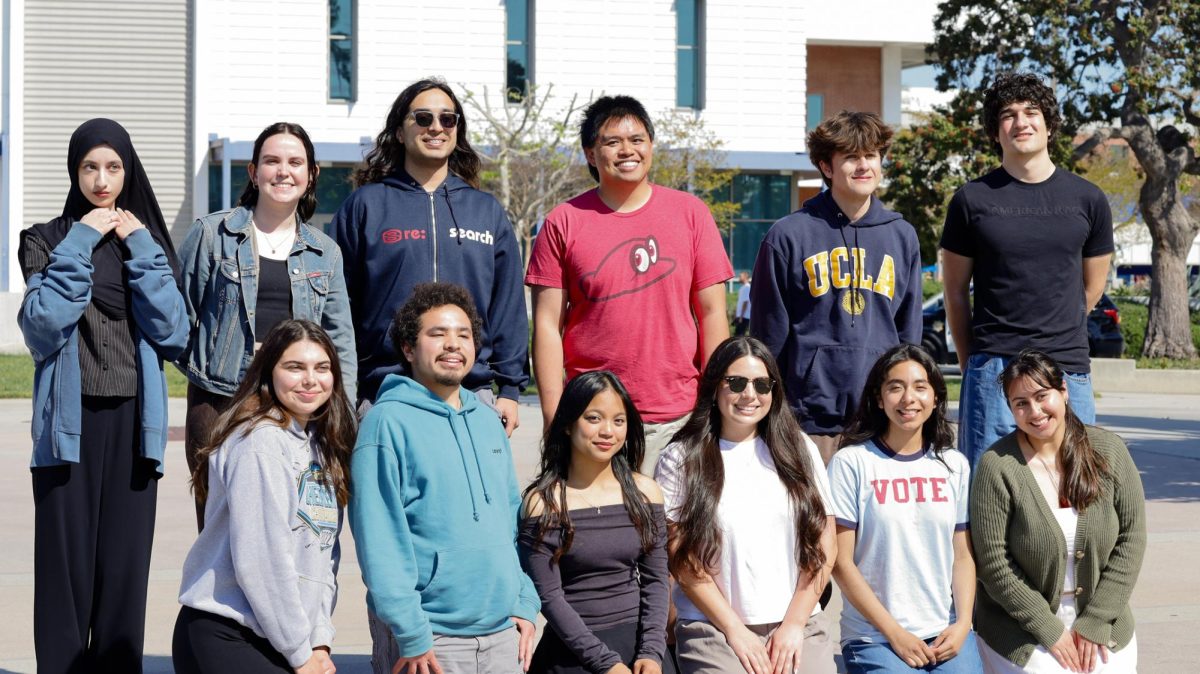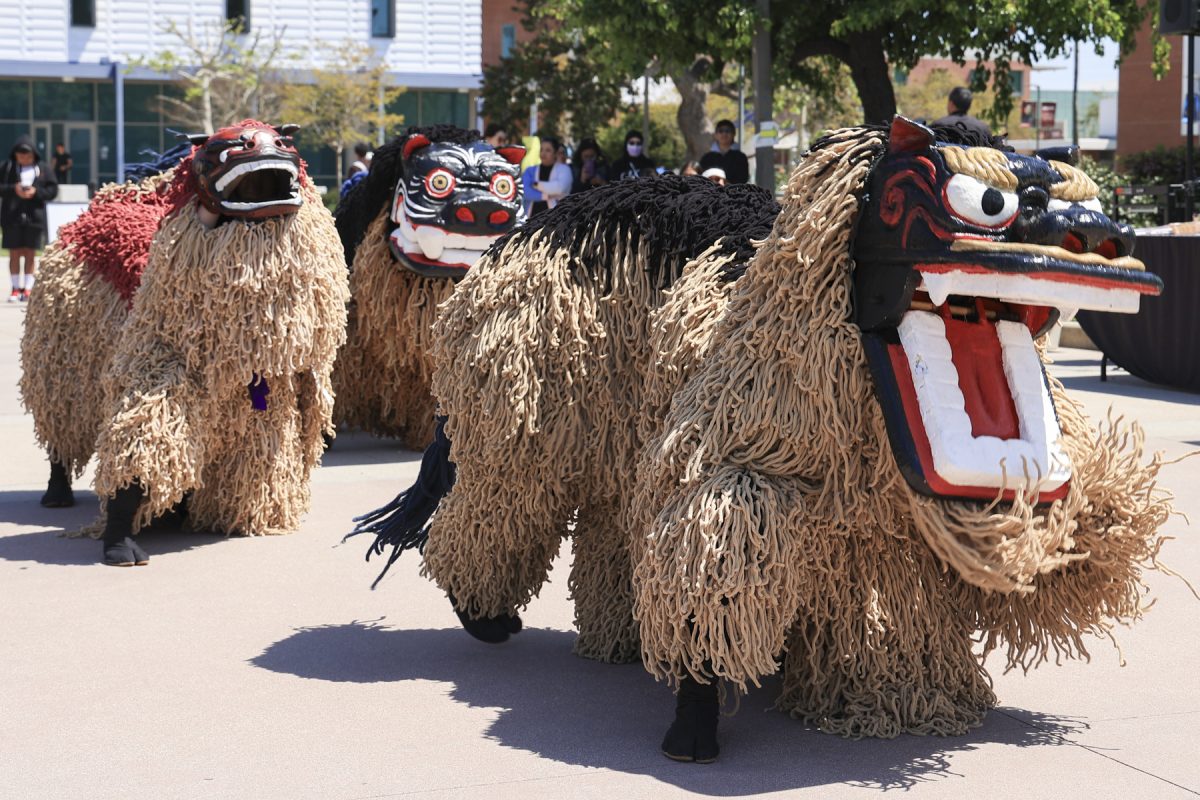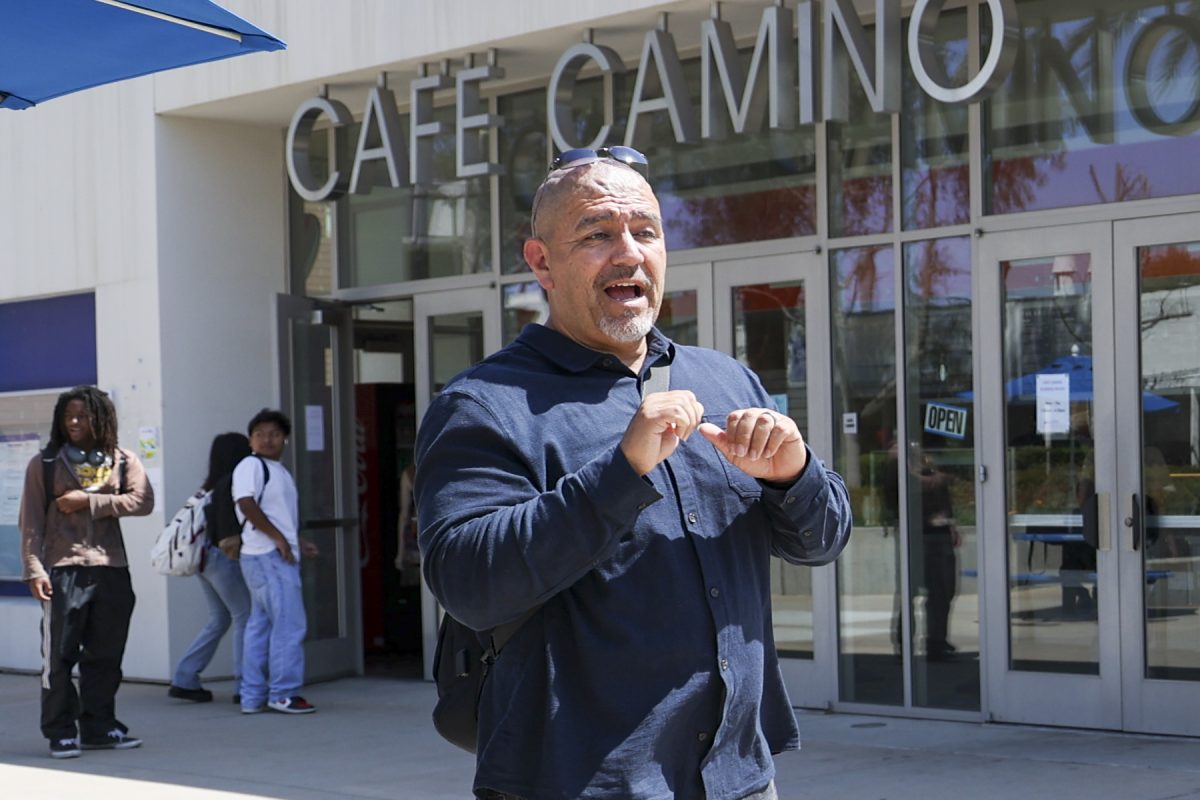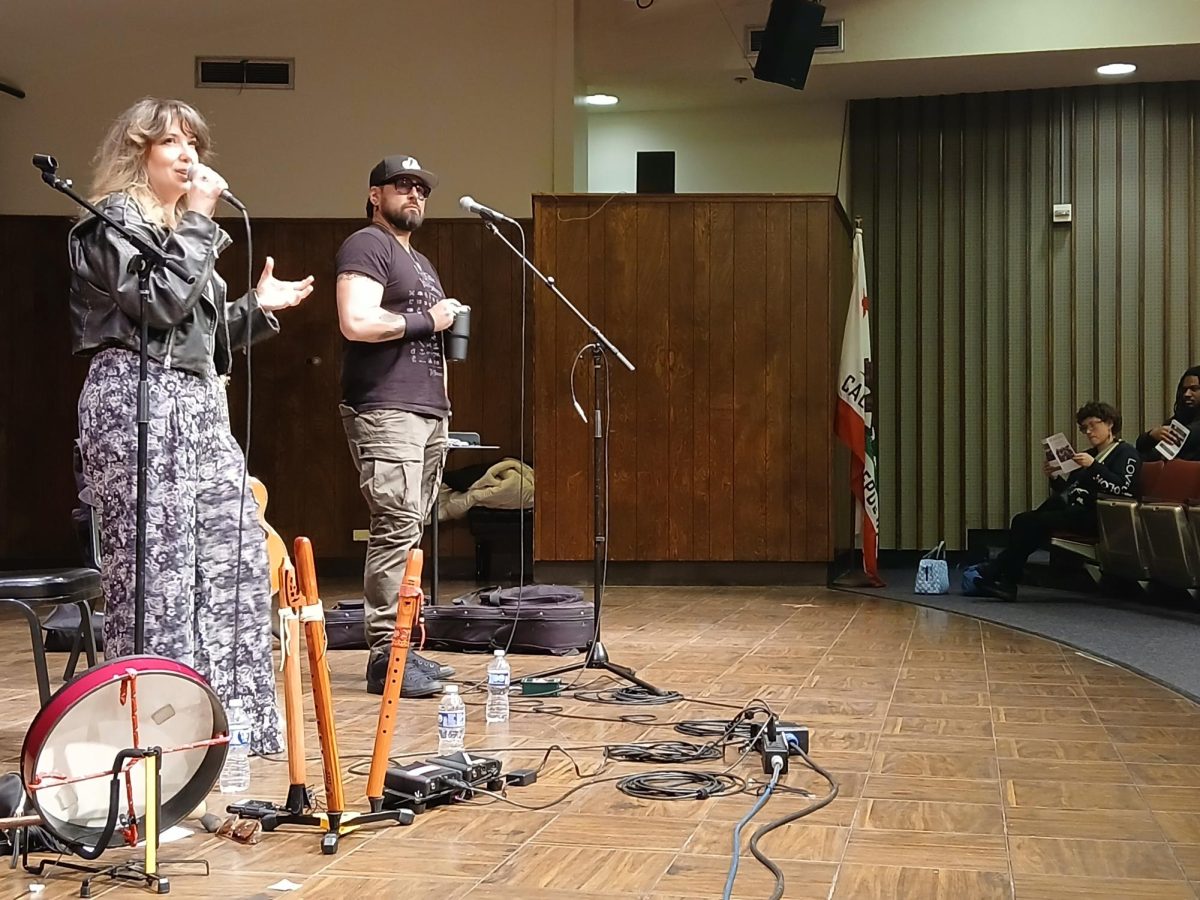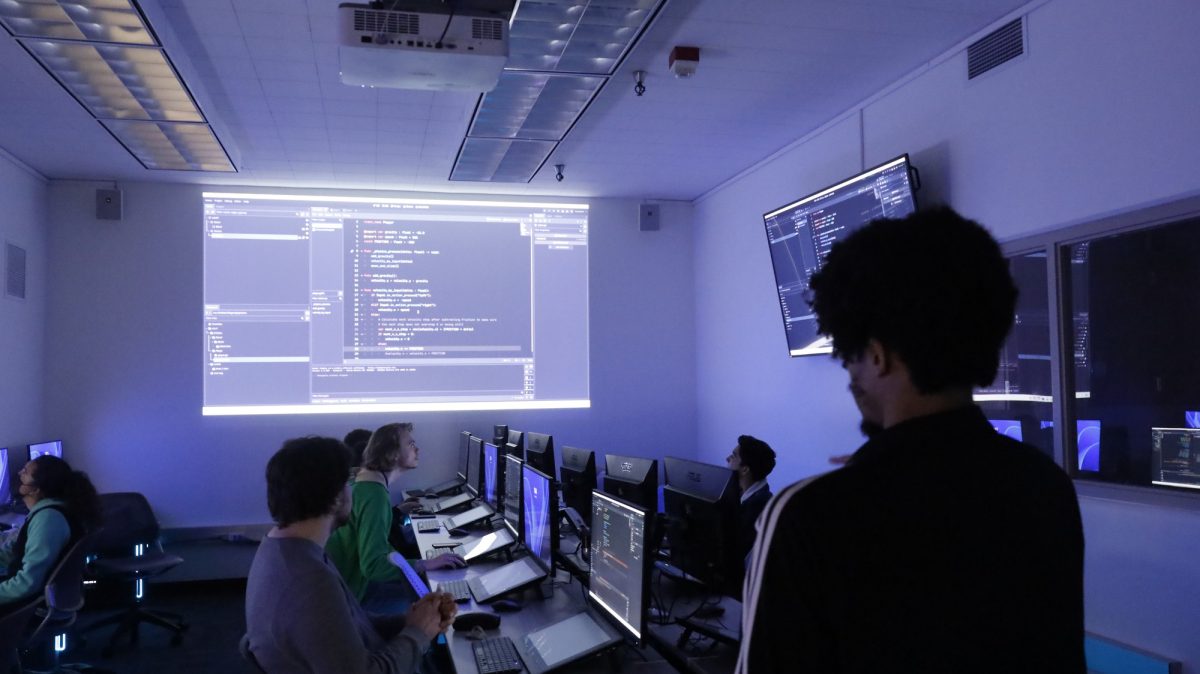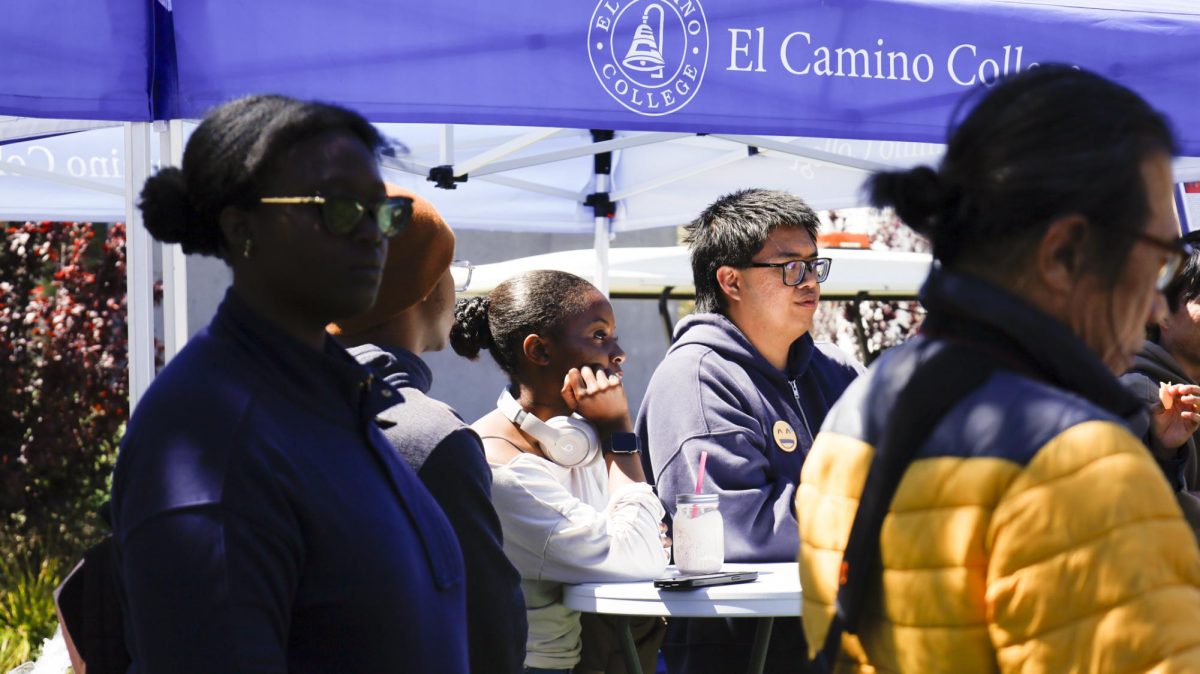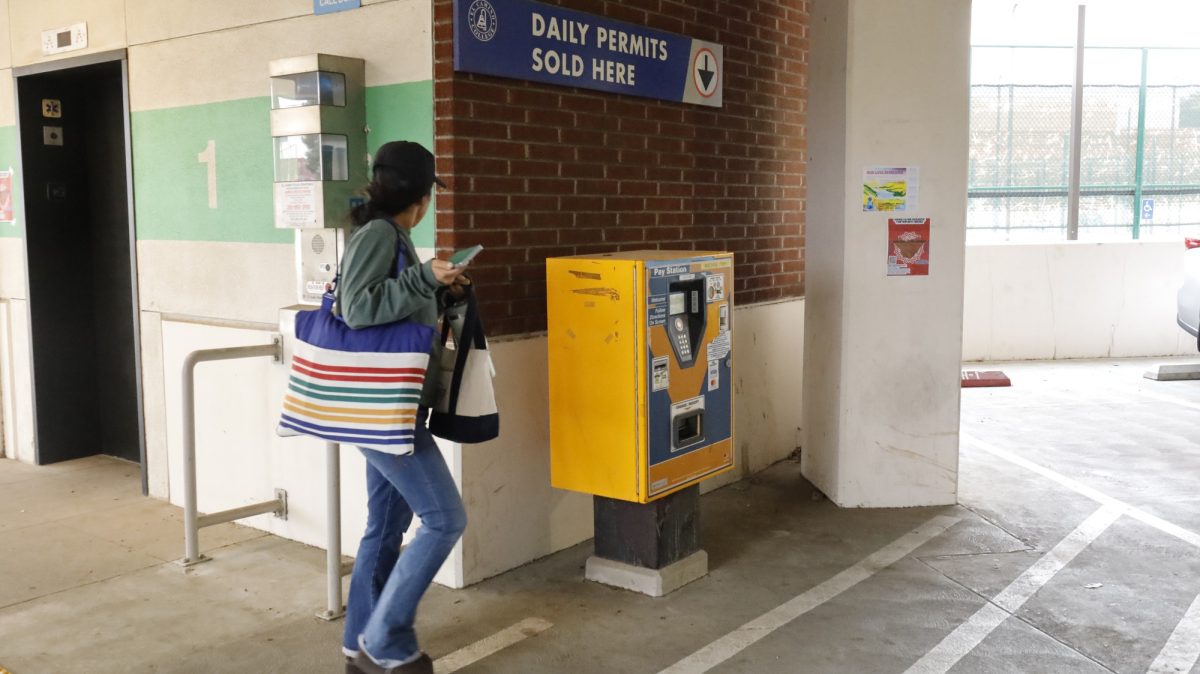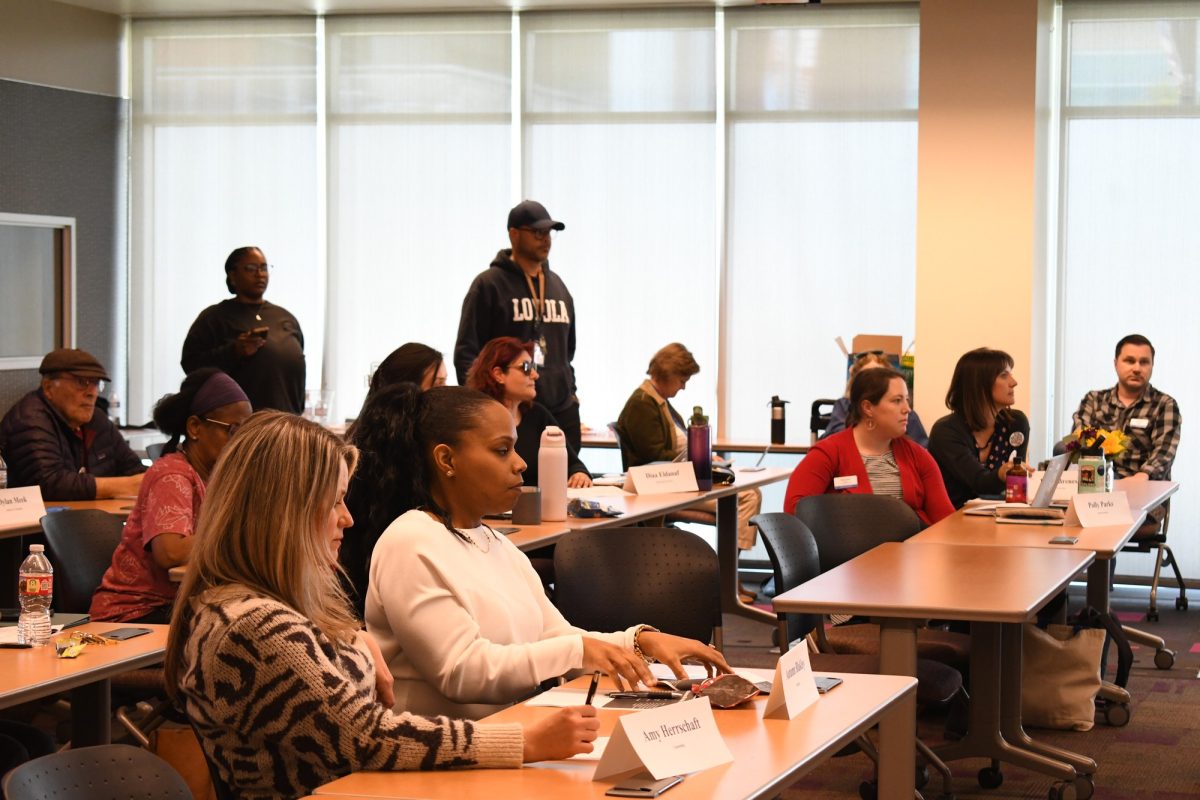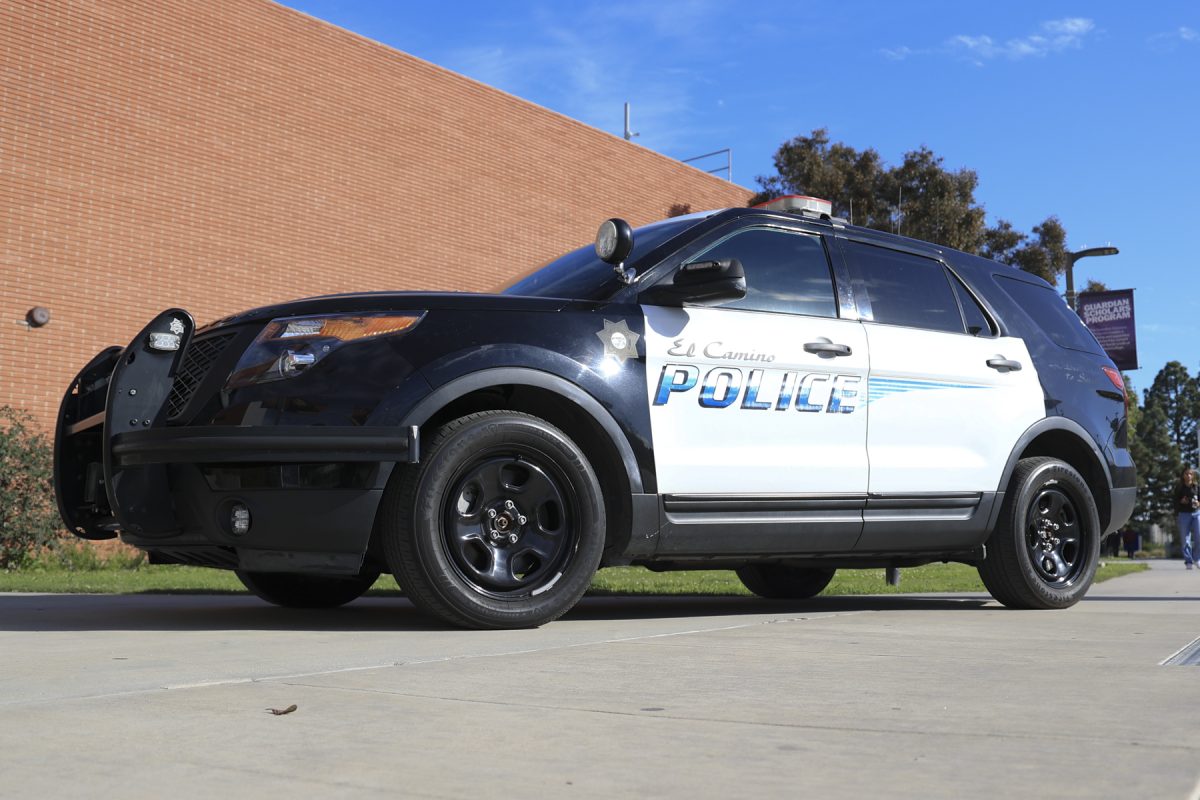Classic cars were on display in front of the Social Justice Center in the Student Services Plaza for an orientation of the Formerly Incarcerated Re-entry Students Thriving (FIRST) program on Tuesday, Sept. 19.
The FIRST program focuses on helping individuals who have been previously incarcerated, and affected families, get another chance at higher education.
The “Cruise With Us Into Higher Education” event provided information to students about the program, free food, a DJ booth and the display of classic cars.
FIRST program coordinator Francisco Lopez said he decided to bring classic cars for display because there is a classic car culture within the gang community and many of the FIRST program students have history in those cultures.
“We want to make people who come out of gangs feel comfortable and welcome here on campus,” Lopez said.
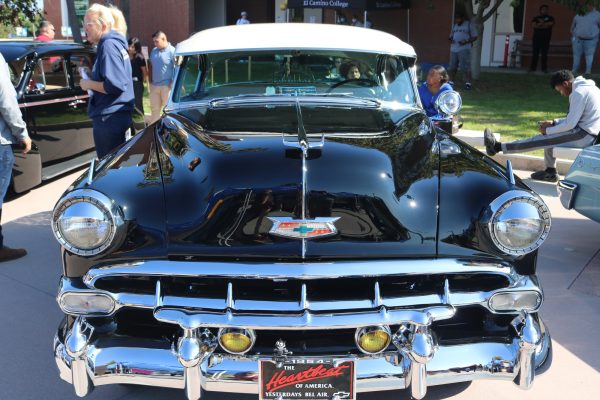
While Lopez has never been imprisoned he has family and friends who have.
“A lot of my friends went to jail due to gang-related crimes and I have encountered some near-death experiences in my life,” he said.
Now Lopez is working at El Camino College to help people who have been in gangs and prison pursue higher education.
Besides the car display, another aspect of the event was an orientation held in the Social Justice Center introducing people to the FIRST program.
Many of the counselors and program leaders shared their personal stories and experiences of being in prison and adjusting to life after it.
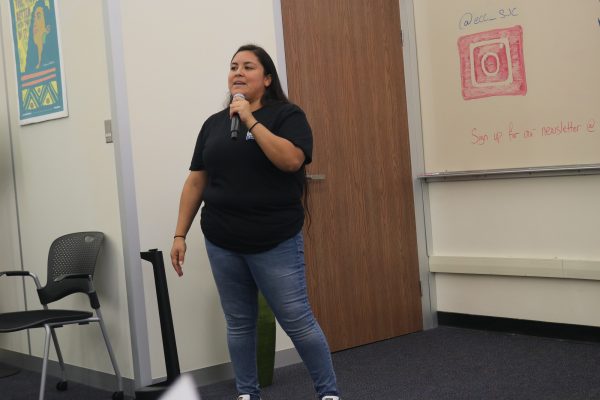
Outreach specialist Isabel Gonzalez has been affected by the criminal justice system and now tries to help others who have been through the system restart their lives.
During the orientation, Gonzalez shared how she was able to get help at El Camino in 2016 with family crisis assistance.
Gonzalez said she was “a survivor of domestic violence and formerly incarcerated.”
Other obstacles formerly incarcerated people face were shared during the orientation, such as 40% of people coming out of prison are likely to return within three months after their release.
The FIRST program hopes these statistics can be reversed and people are able to find the resources and help they need.
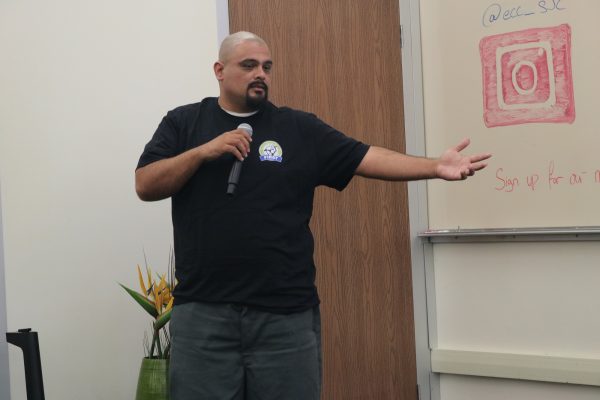
Psychology and public speaking major Sigh Santoro is a volunteer with the FIRST program and was formerly incarcerated.
“It feels good knowing there are people who will advocate for me, and having a community of other formerly incarcerated students feels important,” Santoro said
Shaun Leverett, a 56-year-old student in the program, felt optimistic after attending the orientation.
“I really liked this event and I am excited for the workshops and support that comes with this program,” Leverett said.



